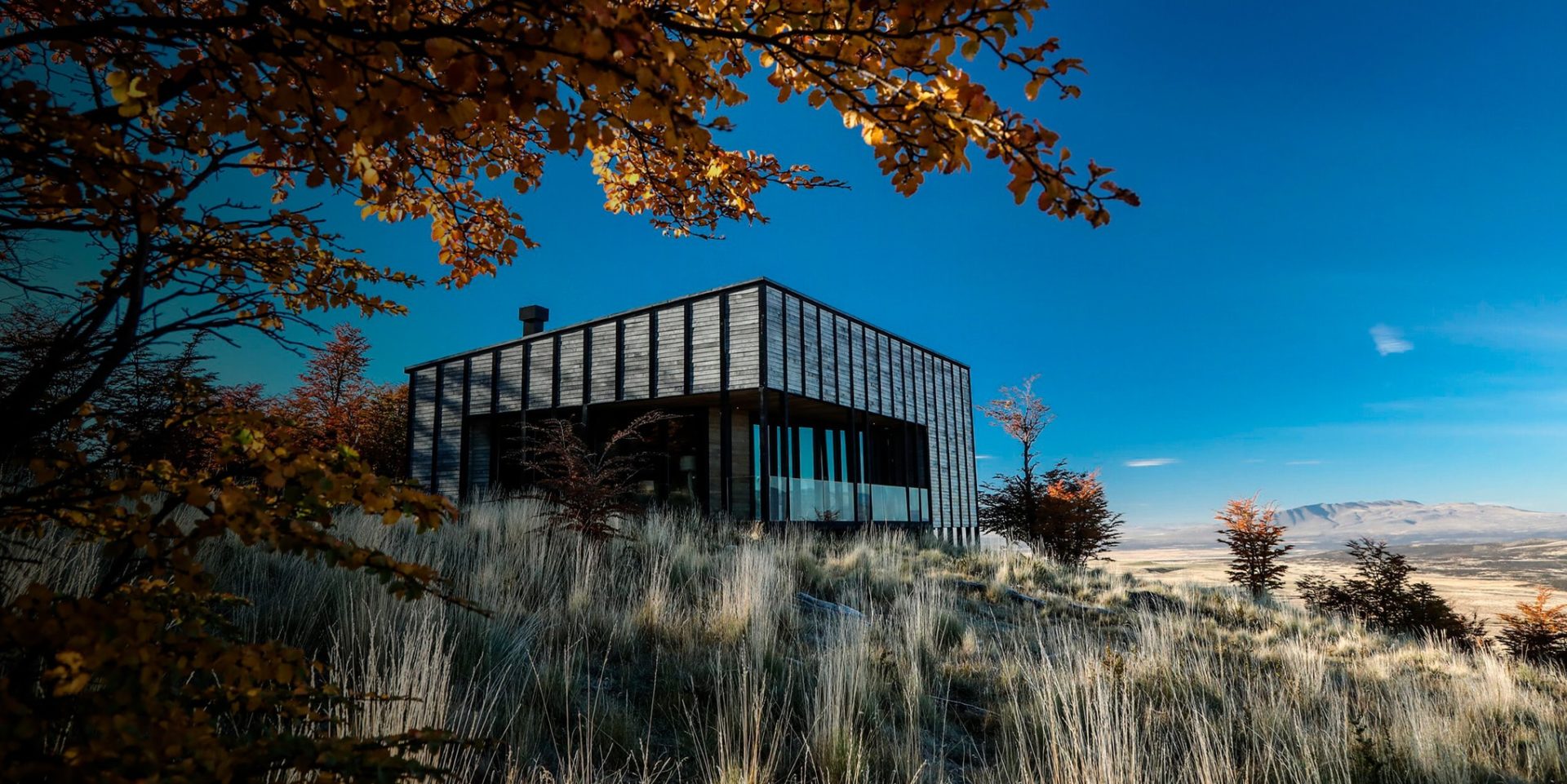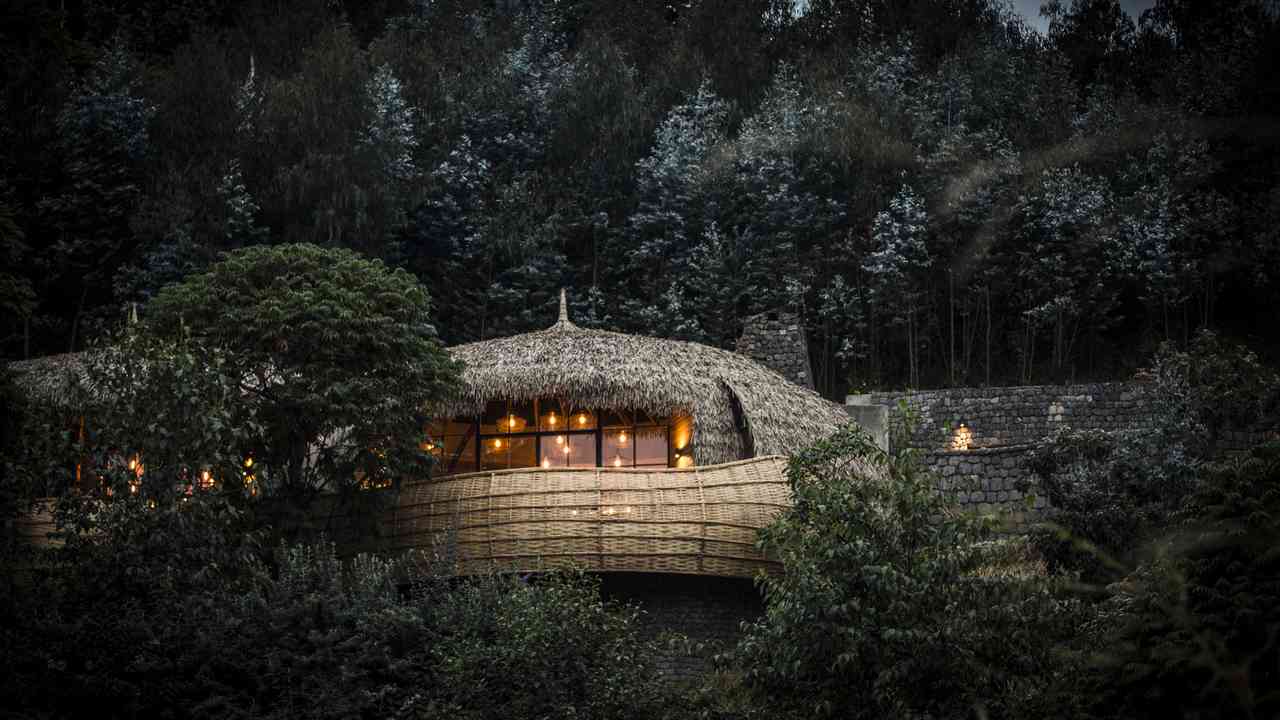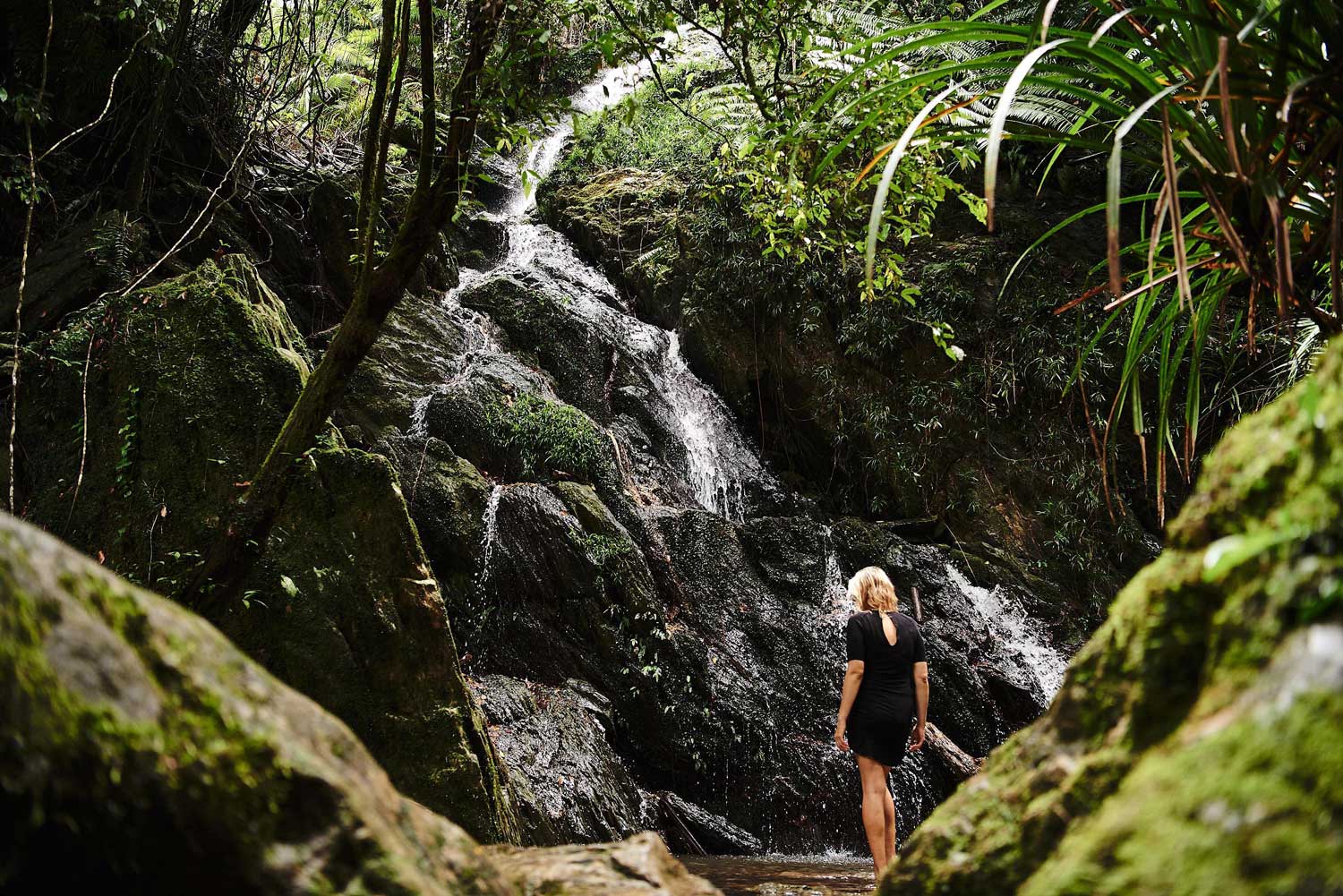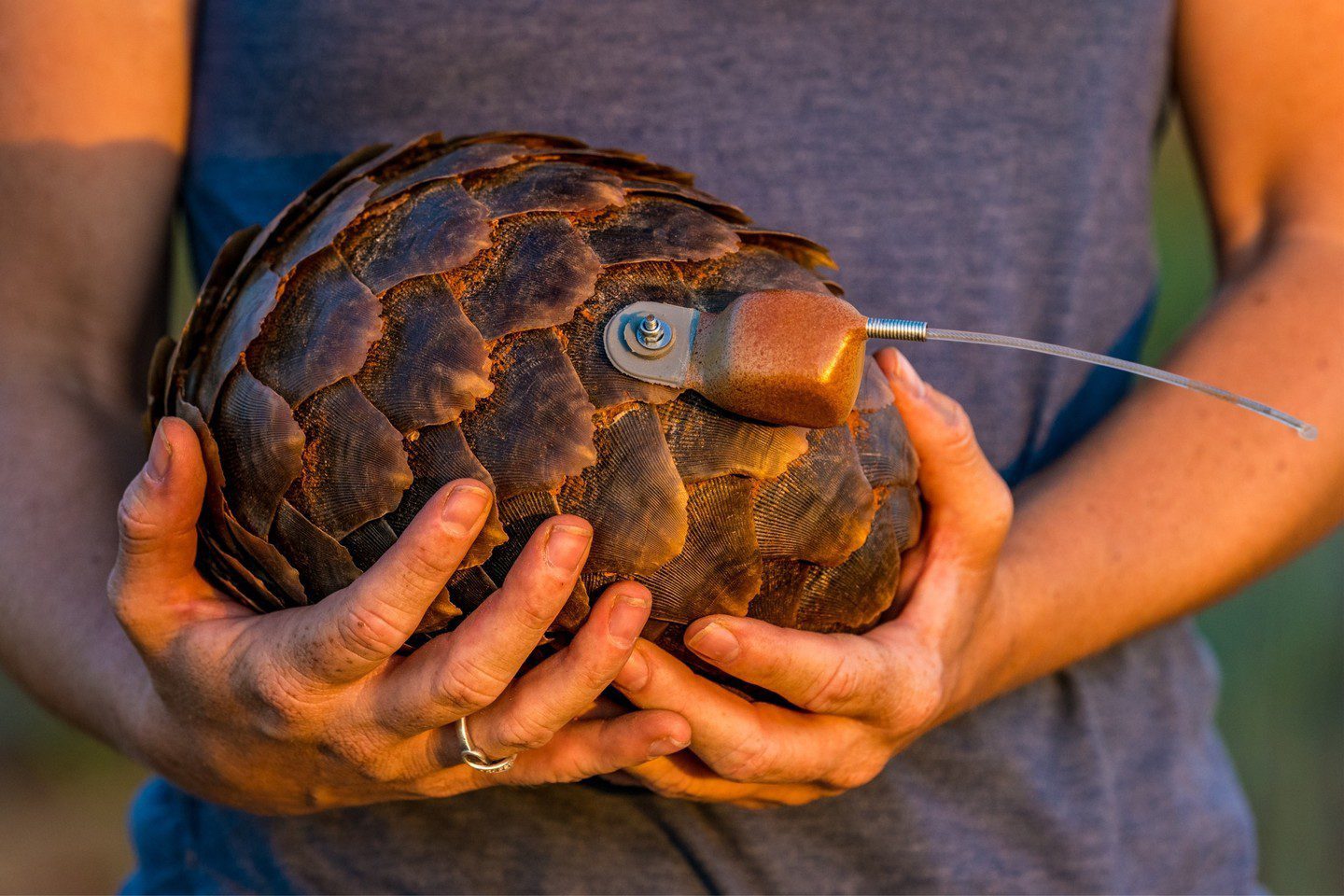SUSTAINABLE SAFARIS
Luxury Adventure to Protect the Planet
Sustainable safaris are on the rise.
There used to be a time that sustainability on a safari adventure would mean forgoing creature comforts, relinquishing luxury and even being a little lenient with your personal hygiene.
Today, all that has changed, and a swathe of luxurious destinations across the world are embracing sustainability, taking themselves off-grid and becoming almost completely self-sufficient while impressing the smallest of footprints upon the planet.
Whether a canvas-clad camp, a traditionally-constructed lodge or a luxurious contemporary villa created with energy efficiency and environmental harmony in mind, the majority of safari destinations include at least one or two sustainable safari options.
At Rothschild Safaris, we understand the power of wise investment. In conservation, community and culture, where we choose to place our funds can have a gravitational effect upon the destinations we venture to… for better and for worse.
So too with accommodation, and operators are rapidly realising the necessity of conscious construction, both to preserve ecosystems and to cater to their clients’ demands.
Their efforts are comprehensive. From something as simple as gathering rainwater, to planting organic gardens, establishing solar power, using sustainable materials and implementing electric vehicles for silent, pollution-free game drives, each aspect of a safari venue’s impact is now carefully assessed for its environmental viability.
If we wish to continue visiting these wonderful locations, witnessing the untouched wilderness, observing the endemic wildlife and appreciating the beauty of the natural world, it is our responsibility to invest wisely in organisations with conservation and sustainability as their fundamental, even pervasive principle.
Let us take you around the world to five of our favourite luxury sustainable safari venues:
CHEETAH PLAINS, SABI SAND
Located on the southern borders of Kruger National Park, Sabi Sand Private Reserve is a sanctuary of sustainability and conservation. Numerous private venues uphold significant conservation efforts, whether directly in rehabilitating, protecting and preserving wildlife, or subliminally through their low-impact construction and practices.
Cheetah Plains is an exemplar of premier luxury sustainable safari accommodation. The intimate collection of private lodges provides impeccable service, with a team of butlers, housekeepers, safari guides, expert chefs and spa therapists caring for guests to the finest of standards. The multi-award-winning venue has gained recognition for its architectural and interior design in addition to service and client satisfaction.
While offering accommodation that parallels any more urban five-star hotel, Cheetah Plains also places you in the heart of the private reserve and is acutely aware of its impact. Its private solar grid almost completely eliminates the need for fossil fuel generators for all electrical needs, providing enough energy to also charge the electric LandCruiser safari vehicles. Its design, while striking, hugs the terrain, diminishing its visual presence within the natural landscape.
Greywater recycling, modern, climate-controlling materials and numerous other contemporary sustainability solutions have been implemented in this luxury property, all without compromise to your personal comfort and the exquisite luxury of Cheetah Plains.
AWASI PATAGONIA, CHILE
Conceived – in their own words – not to compete with, or compromise, its spectacular surroundings, both in construction and operation, Awasi’s beautiful design manages to perfectly harmonise with the impressive Patagonian wilderness.
The 12 villas are constructed from locally-sourced timbers, inspired by the traditional ranching outposts of the region and bringing the same sense of warmth and cosiness, but with modern flair and comfort. Raised upon stilts to, quite literally, reduce their footprint, the villas meld seamlessly with the surrounding pampas in the shadow of the omnipresent Torres del Paine.

Idyllically remote, Awasi Patagonia isn’t off-grid in the truest sense of the word, but their conservation offset is admirable. Conscious consideration of waste and activity is carefully implemented, and the protection of this private reserve, including the maintenance of over 340 hectares of native woodland, offsets not only the residence’s own carbon emissions but also that of their guests travel, taking Awasi beyond carbon neutral.
BISATE LODGE, RWANDA
Bisate views every guest as a philanthropist, recognising the power of one to create long-lasting positive ripples. The lodge itself is exquisitely handcrafted from natural materials, evoking the organic forms of the mountainous region. Acute attention is given to every human action within this fragile ecosystem. Electricity is hydro-generated, thermodynamic geysers heat the water, which is also reverse-osmosis-filtered to eliminate the need for plastic drinking water bottles, and all cosmetics, detergents and cleaning products used are strictly eco-friendly.

But it is to those long-lasting ripples that we draw your attention. Originally purchased from the local community, employing 24 local staff permanently and over 200 in the venue’s construction, Bisate has invested over half a million dollars into the local economy. With gorilla trekking their premier attraction, it is Bisate’s aim to become a Centre of Excellence for great ape research and conservation. To support this, a profound focus upon habitat restoration is a key part of every guest’s experience, planting indigenous flora and contributing over 20,000 trees to local reforestation across almost 45 hectares. This has lead to the recolonisation of local birds and animals and will, eventually, provide expansion to the habitat of mountain gorillas and other endangered primates.
While the footprints of today are acutely addressed, for Bisate it is the greater benefit that tourism can provide well into the future that is of primary focus.
DAINTREE ECOLODGE
The only accommodation in the World Heritage-listed Daintree rainforest – the world’s oldest existing rainforest at over 180 million years old – Daintree EcoLodge takes its position very seriously.
Carefully elevated on stilts to allow nature to continue uninterrupted below, the 15 eco-friendly bayans, or treehouses, disappear into the surrounding foliage. Every effort is taken for the venue to dissolve into its enviroment, both visually and audibly, to create as little impact and disruption as possible.

Daintree EcoLodge embraces the traditional custodians of the land on which it is built, aboriginal culture interwoven throughout the guest experience. The indigenous peoples of Australia are acutely aware of our symbiosis with nature, and the resort carefully assimilates this mindset into its practices and tours. Rainforest walks are only undertaken in specific areas, river bathing likewise can only take place in allocated places, and guests are encouraged to use only natural sun protection products to avoid chemical pollution of the waterways.
To establish such a sustainable safari business within a UNESCO World Heritage-listed ecosystem, one must abide by an abundance of stringent rules, and Daintree EcoLodge has done so far beyond requirement.
TSWALU KALAHARI
We cannot discuss sustainable safaris without mentioning one of our favourite destinations – Tswalu Kalahari.
Despite its superb camp and homestead offering premium accommodation in the Green Kalahari, accompanied by fittingly exceptional service and breathtaking safari opportunities, tourism is considered in some regards as secondary to Tswalu’s purpose. The private reserve declares itself first and foremost an ambitious conservation project, not only protecting the wildlife and landscapes, but also tracking, monitoring and documenting animal species to assist research, improve preservation and support population numbers. Local communities provide a two-way partnership, with Tswalu assisting with health and education, while the community actively participates in the ongoing protection of the region.

To be a guest at Tswalu is, of course, to be treated to faultless standards of safari luxury and some of the leading guides and accommodation staff. Game drives, animal watching and homestead comfort are of the utmost excellence. But to visit Tswalu is, in a sense, to be privy to a working conservatory. You can witness pangolin research, track leopard and cheetah to assist research and discover a more immersive safari experience than if simply observing from a distance.
In many regards, Tswalu is the epitome of sustainable safaris. Its purpose is preservation, its enthusiastically welcomed guests serve to fund its conservation and every effort, action and activity is undertaken to advance the protection and sustainability of the ecosystem for many generations to come.
To go on safari is to witness the majesty and fragility of the natural world. This is why we travel and what provides such lasting, inimitable, lifelong memories. To travel to these places without considering their protection is to somewhat miss the very point. Yet to know that your decisions, investments and even your physical actions on the ground are helping to preserve these precious lands long into the future is wonderfully rewarding, expanding your experience and your lasting memories exponentially.
Talk to your travel designer about how you can craft your itinerary to create lasting positive impact through a more sustainable safari.

